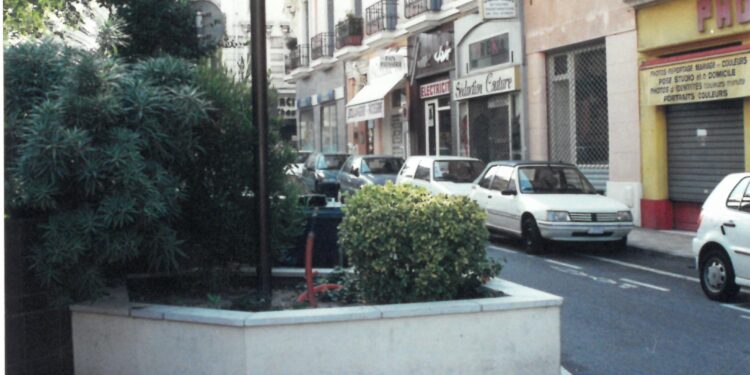Ivory Coast’s Journey to Reclaim Identity: Transforming Colonial Street Names
Reimagining Urban Spaces: From Colonial Legacies to National Pride
In a decisive effort to redefine its post-colonial identity, Ivory Coast has initiated a comprehensive program to rename streets that once bore colonial-era titles. This includes the well-known Boulevard de France, which is now being rechristened to reflect the country’s rich indigenous heritage and honor its national heroes. This movement aligns with a wider continental trend where African nations are actively reshaping their public spaces as symbols of sovereignty and cultural affirmation.
The renaming campaign is more than symbolic; it represents an intentional step toward healing historical wounds by replacing colonial references with names that celebrate Ivorian resilience and achievements. For example, Boulevard de France has been renamed Boulevard de l’Indépendance, emphasizing the nation’s hard-won freedom. Similarly, other key thoroughfares have adopted new identities:
- Avenue du Général de Gaulle is now known as Avenue des Martyrs, commemorating those who sacrificed for independence.
- Rue des Poilus has become Rue de la Réconciliation, symbolizing unity after years of division.
This transformation invites Ivorians—both current residents and future generations—to reconnect with their history through street names that embody local pride rather than colonial dominance.
The Enduring Impact of Colonial Street Names on Contemporary Society
The persistence of colonial street names in urban centers often serves as a daily reminder of past subjugation and foreign control. In Ivory Coast, these remnants have long conflicted with efforts to build an inclusive national narrative rooted in self-determination. By systematically replacing such names, authorities aim not only to erase symbols associated with oppression but also to foster collective ownership over public spaces.
This shift influences how citizens perceive their environment and themselves within it—encouraging engagement with Ivorian history from a perspective centered on empowerment rather than colonization. The renaming initiative also sparks important conversations about historical memory: how societies remember difficult chapters while forging forward-looking identities grounded in shared values.
Africa-wide examples reinforce this trend; countries like Ghana and Senegal have similarly renamed streets previously honoring European figures, opting instead for local leaders who played pivotal roles in liberation movements or cultural renaissance. These changes contribute significantly toward reshaping urban landscapes into living archives celebrating indigenous narratives rather than imported histories.
Strategies for Balancing Heritage Preservation With National Empowerment
Sustaining cultural heritage while promoting national pride requires thoughtful collaboration between government bodies, historians, community members, and educators. To ensure meaningful outcomes from renaming projects like Ivory Coast’s street overhaul:
- Inclusive Community Participation: Engaging diverse groups ensures new designations resonate broadly across ethnicities and regions within the country.
- Cultural Education Programs: Schools can incorporate curricula highlighting both pre-colonial traditions and post-independence milestones linked directly to newly named sites or figures.
- Cultural Symbolism Integration: Beyond individuals’ namesakes, incorporating indigenous languages or traditional motifs into signage strengthens connection between place-names and local identity.
| Recommended Actions | Expected Benefits |
|---|---|
| Organize town hall meetings before finalizing name changes | Build consensus & reduce potential conflicts over choices |
| Offer guided heritage walks featuring renamed locations | Increase public awareness & appreciation for historical context |
| Support local artists creating murals inspired by new themes | Enhance community engagement through creative expression and visibility of cultural narratives
This holistic approach ensures that while colonial vestiges are removed from everyday life visually—and psychologically—the nation simultaneously honors its multifaceted past without erasing important lessons learned along the way. Navigating Forward: The Broader Significance of Renaming Initiatives in Ivory Coast’s Urban Landscape
|














